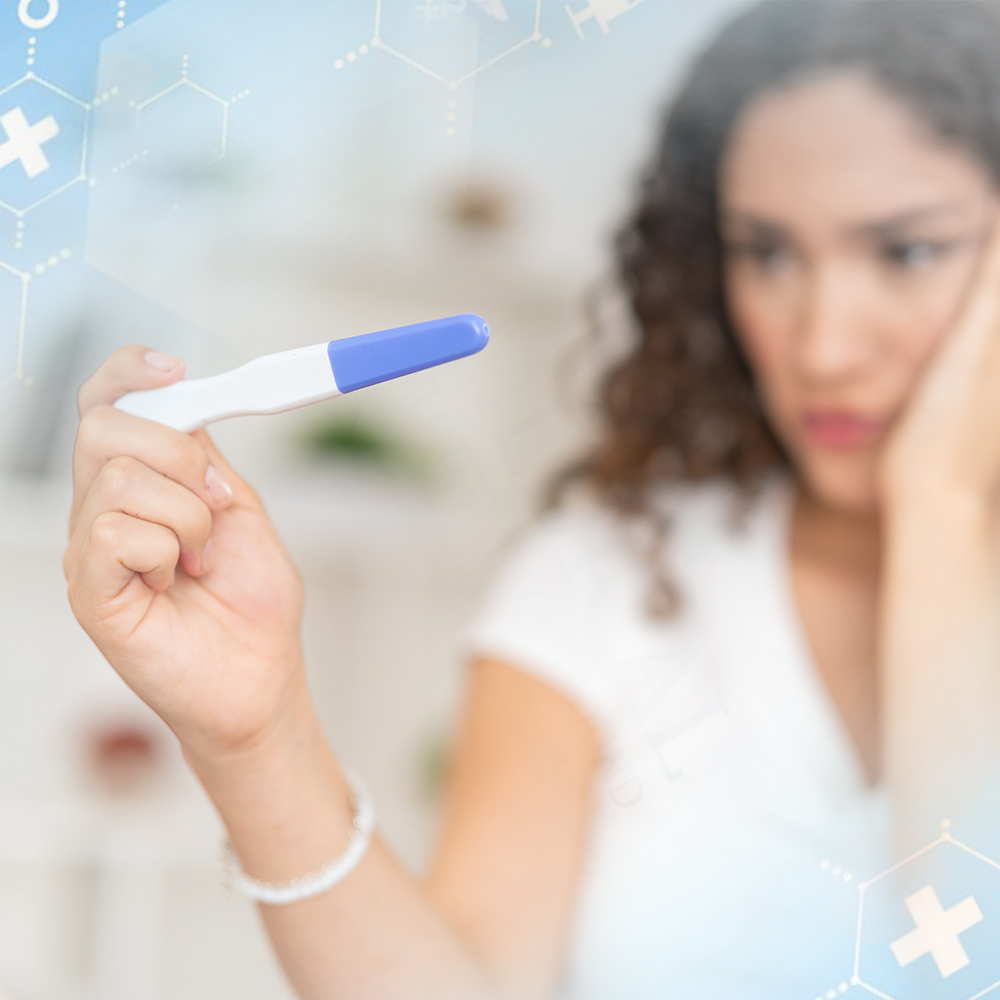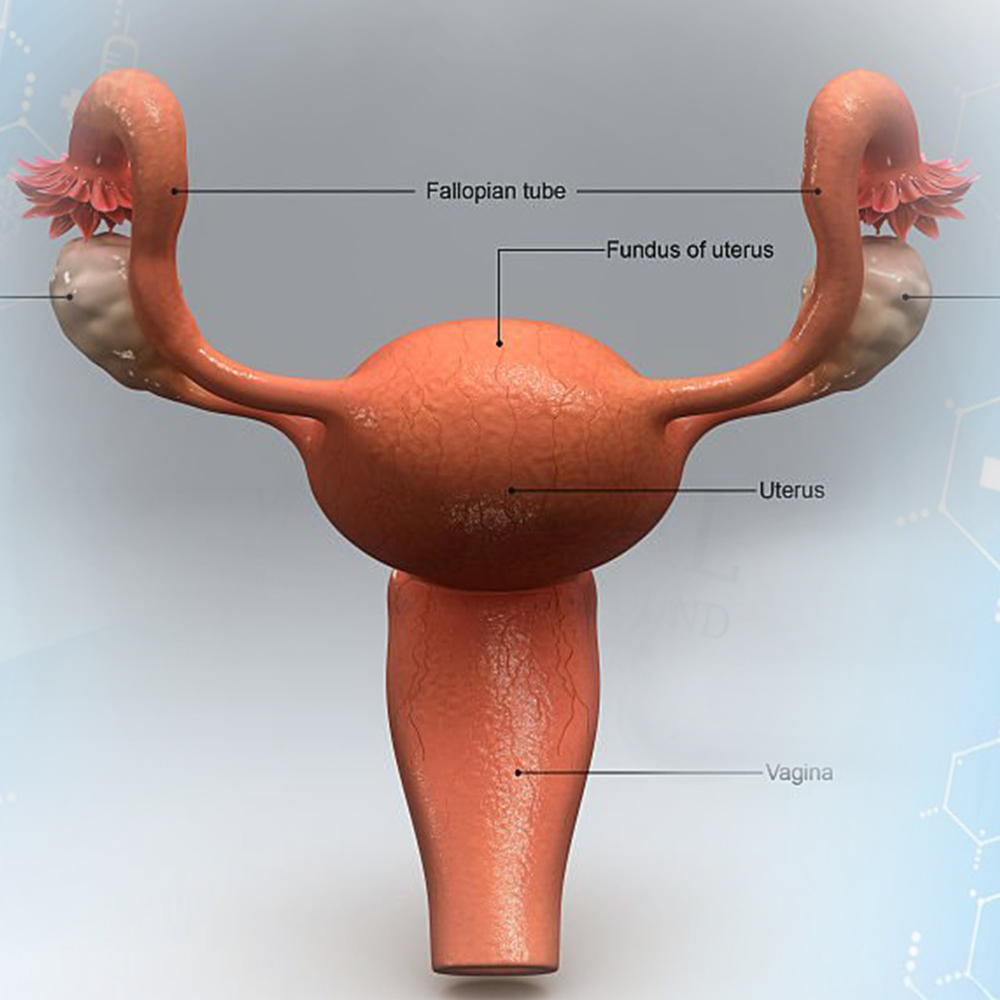Understanding Infertility: Exploring the Causes with Yashoda Fertility & IVF Centre
For many, becoming a parent is a deeply personal dream, eagerly awaited. For many couples, however, the path can be met with unexpected challenges, leading to questions like “Why am I not getting pregnant?” or “What could be the reasons for not getting pregnant?” These concerns often point towards causes of infertility, a condition defined as the inability to conceive after 12 months of regular, unprotected intercourse (or six months for women over 35). It’s crucial to understand that infertility is a shared concern, affecting men and women almost equally, and can stem from a variety of factors. At Yashoda Fertility & IVF Centre, we are dedicated to providing comprehensive infertility diagnosis and compassionate care to help you uncover and address the underlying reasons. Let’s delve into the various causes of infertility affecting both partners.
Female Infertility Causes: Unraveling the Obstacles
Female infertility causes can be complex, often related to issues with ovulation, fallopian tubes, or the uterus.
- PCOS Infertility (Polycystic Ovary Syndrome): A prevalent hormonal disorder, PCOS infertility is characterized by irregular menstrual cycles, elevated androgen levels, and often the presence of multiple small cysts on the ovaries.
- Hormonal Imbalance Infertility: Beyond PCOS, a broader hormonal imbalance infertility can occur due to various factors affecting the intricate interplay of hormones regulating ovulation. This includes issues with the hypothalamus or pituitary gland, which control the hormones essential for egg development and release. Factors like extreme stress, significant weight fluctuations, or very low body weight can contribute to such imbalances.
- Diminished Ovarian Reserve (DOR) / Premature Ovarian Insufficiency (POI): As women age, the quantity and quality of their eggs naturally decline. DOR signifies a lower than expected egg supply for a woman's age. POI, or premature ovarian failure, occurs when the ovaries cease normal function before age 40, meaning they no longer produce eggs or sufficient estrogen.
- Endometriosis Infertility: When tissue similar to the uterine lining (endometrium) appears outside the uterus—frequently on the ovaries and fallopian tubes—it's called endometriosis, and it's a significant contributor to female infertility This abnormal growth can cause inflammation, scar tissue formation, and structural damage, impacting egg quality, ovulation, and tubal function.
- Pelvic Inflammatory Disease (PID): Often caused by sexually transmitted infections (STIs), PID can lead to inflammation and scarring of the fallopian tubes, blocking them and preventing conception.
- Previous Abdominal or Pelvic Surgery: Surgeries, even seemingly unrelated ones, can sometimes lead to scar tissue formation that can damage or block the fallopian tubes.
- Uterine Fibroids or Polyps: Non-cancerous growths like uterine fibroids or polyps can appear in the uterus and, at times, prevent an embryo from implanting or block the fallopian tubes.
- Uterine Anomalies: Congenital abnormalities in the shape or structure of the uterus can impact fertility.
- Cervical Stenosis or Mucus Issues: Problems with the cervix, such as a narrow opening or inadequate cervical mucus, can hinder sperm from reaching the uterus.


Male Infertility Causes: Understanding the Paternal Contribution
Male infertility causes account for a significant portion of all infertility cases. These often involve issues with sperm production, function, or delivery.
- Low Sperm Count (Oligozoospermia): Having a low sperm count means the ejaculate contains fewer than 15 million sperm per milliliter. This considerably impacts the chances of a sperm reaching and fertilizing an egg.
- Poor Sperm Motility (Asthenozoospermia): Even with a good sperm count, if the sperm are not moving efficiently or in the right direction, they may not reach the egg.
- Abnormal Sperm Morphology (Teratozoospermia): Sperm with abnormal shapes may have difficulty penetrating and fertilizing the egg.
- Genetic Defects: Certain genetic conditions can affect sperm production.
- Undescended Testicles (Cryptorchidism): If the testicles don't descend properly into the scrotum, it can impair sperm production due to higher temperatures.
- nfections: Infections in the reproductive tract can have a bearing on sperm health and production.
- Ejaculation Issues: Retrograde ejaculation (sperm enters the bladder instead of exiting the penis) or other ejaculation problems can prevent sperm from reaching the female reproductive tract.
- Blockages: Obstructions in the epididymis or vas deferens can prevent sperm from being ejaculated. These can be due to prior infections, surgery, or congenital defects.
- Exposure to Toxins: Pesticides, certain chemicals, and heavy metals can impair sperm production.
- Smoking, Alcohol, and Drug Use: These can negatively impact both male and female fertility.
- Obesity: Hormone levels and fertility in both men and women can get impacted on account of obesity.
- Excessive Heat: Frequent exposure of the testicles to high temperatures (e.g., hot tubs, prolonged laptop use) can affect sperm production.
How Yashoda IVF Diagnoses Infertility
At Yashoda Fertility & IVF Centre, understanding the root cause of infertility is the crucial first step towards effective treatment. Our comprehensive diagnostic approach combines advanced technology with expert analysis to provide you with clear answers. We employ a range of precise investigations for both partners:
For men, a detailed Semen analysis is foundational, evaluating sperm count, motility, and morphology to identify potential male factors.
For women, our diagnostic toolkit includes:
Why Choose Yashoda Fertility & IVF Centre for Infertility Diagnosis?
Navigating infertility can be overwhelming, but finding the right diagnostic partner makes all the difference. At Yashoda Fertility & IVF Centre, we are dedicated to providing clarity and confidence from your very first step.
Here’s why couples trust us for their infertility diagnosis:





















































